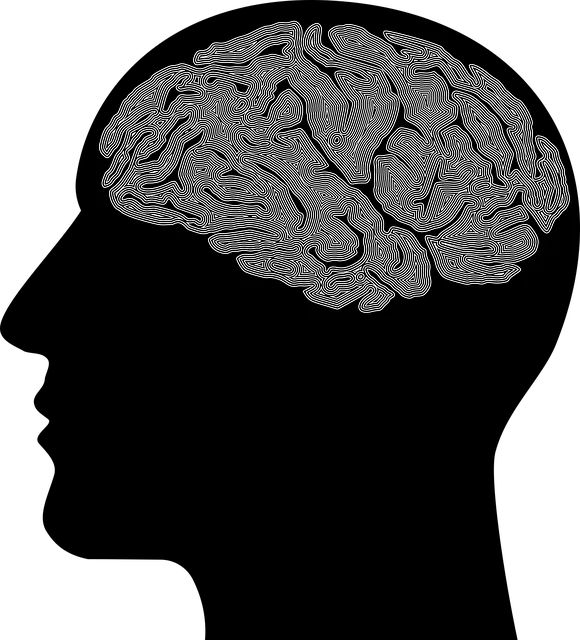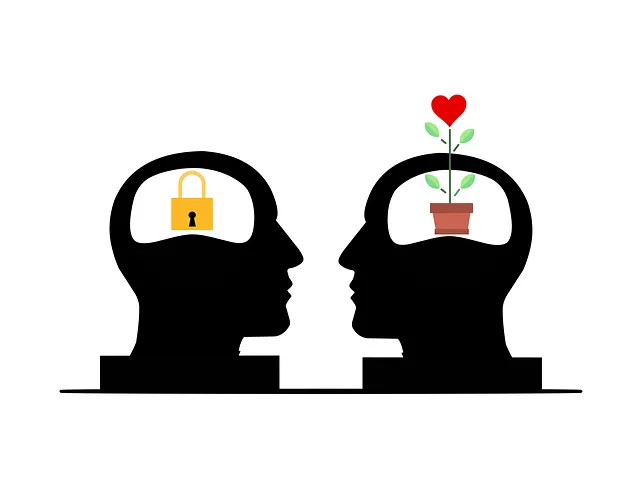Mental wellness self-assessment tools, developed in collaboration with experts like the Kaiser Permanente Mental Health Department in Boulder, help individuals gauge emotional well-being. These resources offer structured insights into various life aspects, promoting self-awareness and empowering emotional healing. Beyond detecting mental illness, they reduce stigma and encourage comfortable help-seeking. The Kaiser Permanente department offers tailored programs focusing on resilience building and stress reduction, accessible via their phone number. Integrating phone support significantly improves the accessibility and effectiveness of these assessments, aligning with Mind Over Matter Principles. A comprehensive tool should include diverse categories like emotional well-being, stress management, coping skills, and social connectedness, incorporating evidence-based practices such as mindfulness and cognitive behavioral therapy. For more information, contact the Kaiser Permanente mental health department phone number in Boulder.
Mental wellness self-assessment tools play a pivotal role in promoting individual awareness and fostering proactive mental health management. This article explores the development of such tools, focusing on the innovative approaches taken by organizations like Kaiser Permanente’s Mental Health Department. We delve into their contributions, particularly in integrating phone support to enhance accessibility. Through a case study in Boulder, we examine the implementation and impact of these assessments, highlighting key components for effective mental health self-evaluation.
- Understanding Mental Wellness Self-Assessment Tools
- The Role of Kaiser Permanente Mental Health Department in Tool Development
- Integrating Phone Support in Self-Assessment Frameworks
- Key Components for Effective Mental Health Self-Evaluation
- Implementation and Impact: A Case Study in Boulder
Understanding Mental Wellness Self-Assessment Tools

Mental wellness self-assessment tools are valuable resources designed to help individuals gauge their emotional well-being and identify areas that may require support or professional intervention. These tools provide a structured way for people to assess their mental health status, offering insights into various aspects of life that contribute to overall mental wellness. By promoting self-awareness, these assessments empower individuals to take charge of their emotional healing processes.
The development of such tools often involves collaboration with experts from renowned organizations, like the Kaiser Permanente Mental Health Department in Boulder. Their phone number serves as a vital resource for those seeking guidance and support. These assessments aim not only to detect potential mental illness but also to facilitate conversations around stigma reduction efforts, ensuring individuals feel comfortable seeking help without fear of judgment.
The Role of Kaiser Permanente Mental Health Department in Tool Development

The Kaiser Permanente Mental Health Department in Boulder plays a pivotal role in shaping the landscape of mental wellness tools and resources. With their extensive expertise and commitment to community well-being, they have been at the forefront of developing innovative solutions for mental health support. The department’s team of dedicated professionals leverages evidence-based practices to create comprehensive programs that cater to diverse needs, focusing on resilience building and stress reduction methods.
Through various initiatives, Kaiser Permanente aims to empower individuals with effective mood management strategies. Their phone number serves as a gateway for those seeking guidance and resources. By combining clinical expertise with community engagement, the department ensures that mental wellness tools are accessible, tailored, and aligned with the unique challenges faced by residents in Boulder and beyond.
Integrating Phone Support in Self-Assessment Frameworks

Incorporating phone support into self-assessment frameworks enhances accessibility and effectiveness for mental wellness evaluations. This integration is particularly beneficial in addressing the growing need for remote support, especially in regions like Boulder where resources such as the Kaiser Permanente mental health department phone number facilitate immediate assistance. By combining self-assessment tools with phone-based interventions, individuals can receive personalized guidance and care tailored to their unique needs.
This approach aligns with Mind Over Matter Principles, emphasizing the power of conversation and support in fostering confidence boosting and trauma support services. It allows for a more comprehensive understanding of an individual’s mental health status by offering a safe space to discuss concerns, clarify assessment results, and provide additional resources or referrals when needed. This holistic integration ensures that self-assessment frameworks are not just tools but transformative gateways to improved mental wellness.
Key Components for Effective Mental Health Self-Evaluation

When developing a mental wellness self-assessment tool, several key components ensure its effectiveness and accuracy. Firstly, incorporating diverse assessment categories such as emotional well-being, stress management, coping skills development, and social connectedness provides a holistic view of an individual’s mental health. Each category should include specific questions designed to elicit detailed responses, allowing for nuanced insights.
Secondly, integrating evidence-based practices like those offered by the Kaiser Permanente Mental Health Department in Boulder can enhance the tool’s reliability. These practices focus on inner strength development and include strategies for resilience building, mindfulness techniques, and cognitive behavioral therapy principles. Additionally, incorporating educational components within the assessment, such as mental health education programs design, empowers individuals to understand their results better and make informed decisions for their well-being.
Implementation and Impact: A Case Study in Boulder

In Boulder, the implementation of a comprehensive mental wellness self-assessment tool has had a profound impact on the community’s mental health landscape. The case study revolves around Kaiser Permanente’s mental health department, accessible via their phone number in Boulder, which has been at the forefront of promoting and enhancing mental wellness among residents. This initiative aimed to provide individuals with an easy-to-use resource for evaluating their mental state, particularly focusing on aspects like mood management and anxiety relief.
The tool, designed by experts within the department, offers a user-friendly interface that guides individuals through various aspects of their emotional well-being. By completing this assessment, Boulder residents gain valuable insights into potential areas of concern, empowering them to take proactive steps towards improving their mental wellness. The study’s findings suggest a significant increase in awareness and early intervention, leading to improved overall well-being within the community.
Mental wellness self-assessment tools have evolved significantly, thanks in part to initiatives like those undertaken by the Kaiser Permanente Mental Health Department. Their innovative approach, which integrates phone support into their frameworks, has shown promising results, as demonstrated by a successful case study in Boulder. By focusing on key components such as accessibility, user-friendliness, and comprehensive evaluation, these tools empower individuals to take charge of their mental health. With ongoing development and implementation, resources like the Kaiser Permanente mental health department phone number in Boulder can help foster healthier communities and improve lives.






